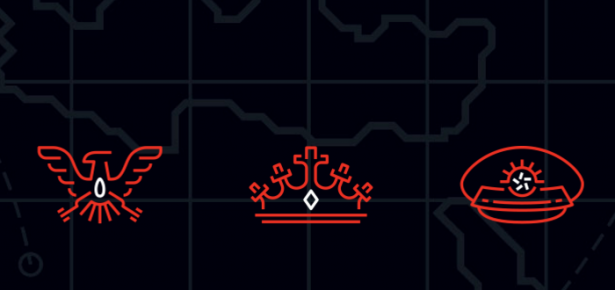
Our new book, Why Leaders Fight, explores one of the oldest questions in the study of politics – what is it that motivates leaders to go to war? Using the most extensive database of the life experiences of national leaders ever collected, it shows that the life experiences of our leaders – their military, family, occupation, and other experiences, profoundly shape the risk profile and thus willingness to go to war of national leaders. It also means that, as the 2016 US Presidential election heats up and the media highlights the life backgrounds of the candidates, that those backgrounds communicate important information about how those candidates are likely to behave in office. Donald Trump’s business experience, Hillary Clinton’s congressional experience, and Ted Cruz’s family history all contribute to who those people are, and thus how they are likely to behave. Why Leaders Fight not only brings leaders back to the center of the political equation, it explains a key driver of how leaders view the world – their life experiences.
Decades ago, many historians and political scientists believe that if you wanted to understand the behavior of nation-states, you needed to understand their leaders. As nineteenth-century historian Thomas Carlyle stated, “the history of the world is but the biography of great men.” The tide soon turned and the pendulum swung in the other direction. In the late 19th century, Prussian leader Otto von Bismarck expressed nearly the opposite opinion, arguing that “Man cannot create the current of events. He can only float with it and steer.”
Political science and history have taken their lead more from Bismarck than Carlyle over the last few generations. The most prominent theories of why countries fight and what happens when they do focus on the size of national militaries, economic development, the structure of the international system, and whether a country is a democracy or a dictatorship. These factors are important, but elections in the United States and around the world illustrate the folly of ignoring leaders. Infamously, the 2000 US presidential election vaulted George W. Bush instead of Al Gore into the presidency, placing Bush, not Gore, in the driver’s seat of the US response to the September 11th terrorist attacks, including the invasion of Iraq.
Why Leaders Fight seeks to swing the pendulum back – not to the extreme of “great man” history, but to the middle, where we can appreciate how leaders matter in the context of other factors as well. We build a data-driven picture of world leaders and generate a risk score based on their life experiences. Our approach shows that leaders matter on their own, and in combination with other factors. For example, the results in Why Leaders Fight show that the effect of leader risk on whether a country goes to war is much more profound in an autocracy than a democracy. The reason is simple. While autocratic leaders face at least some constraints, they often face significantly lower constraints than democratic leaders. Thus, the effect of having a risk-prone leader in an autocracy, such as Mao in China or Stalin in Russia, is higher – making a country more likely to go to war.
Why Leaders Fight also explores particular life experiences that seem to make future leaders more prone to use military force when they enter office. Our statistical analysis of over 2500 leaders shows that, in particular, participating in a rebellion and serving in the military but not seeing combat experience play a fundamental role in influencing the risk propensity of leaders.
For rebel experience, rebellions are more likely to happen in the first place in autocracies where the path to power is likely to involve coups, revolutions, and other irregular means of gaining power. Given that coups and rebellions fail much more often than they succeed, choosing to rebel in the first place is a risky gamble. If you survive the endeavor, or even end up in power because of it, it means a potentially risky person just had a reinforcing experience suggesting they are likely to succeed. Those with military service but not combat experience, as we have shown in past research, are familiar with the military and the use of force, but have not faced the risk of death in battle. This combination of experiences tends to make those with military service but not combat experience more risk-prone, as leaders such Kaiser Wilhelm II, who led Germany into World War I, illustrate. These findings about individual experiences are not perfect predictors of future behavior, of course. After all, Jimmy Carter served as a nuclear submariner, but did not see combat, and he was far from considered the most aggressive of American presidents. However, our findings, aggregated across over 100 years of history and over 2500 leaders, show what is more likely, on average.
In sum, Why Leaders Fight helps bridge the gap between academics interested in the international system and the real world. Everyone instinctively knows that leaders matter, but academia never had a systematic way to measure how and why leaders affect war and peace. Why Leaders Fight provides a way to capture this knowledge from the policy world and bring it into the study of international politics, making it a crucial book for both policy makers and academics.
Michael C. Horowitz will be speaking publicly on the book at the Penn Lightbulb Café series on April 5, and Allan Stam will be speaking on PBS on March 27, 2016 or March 30, 2016.
Latest Comments
Have your say!